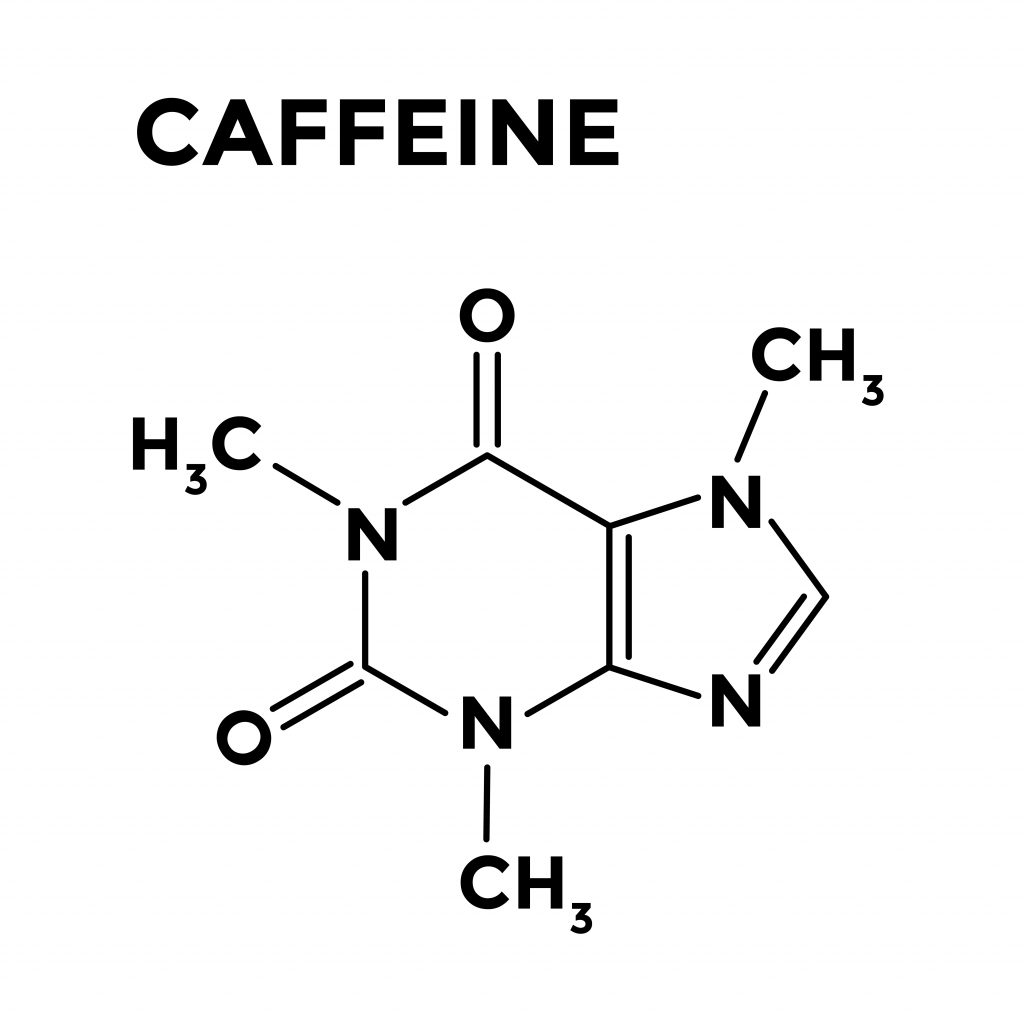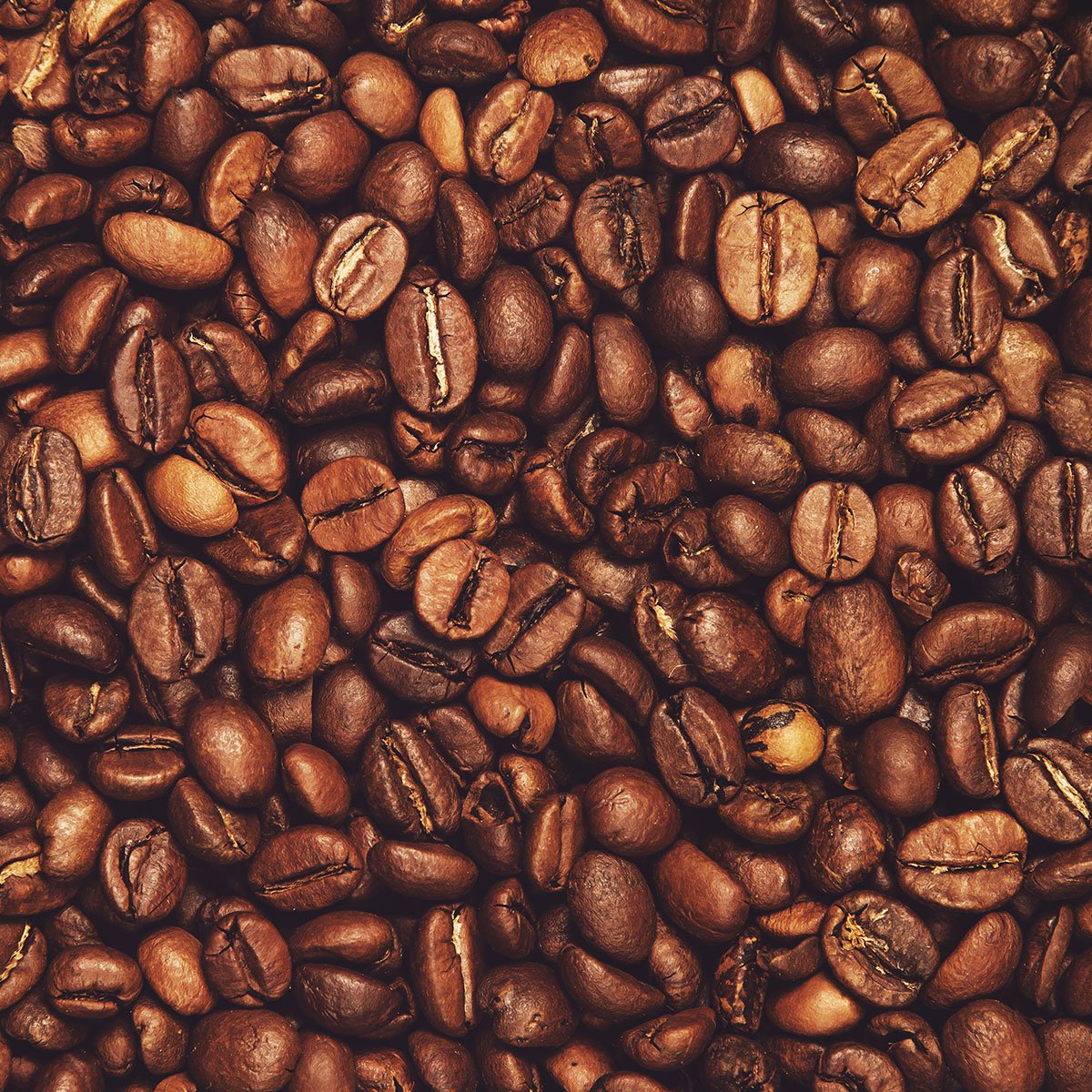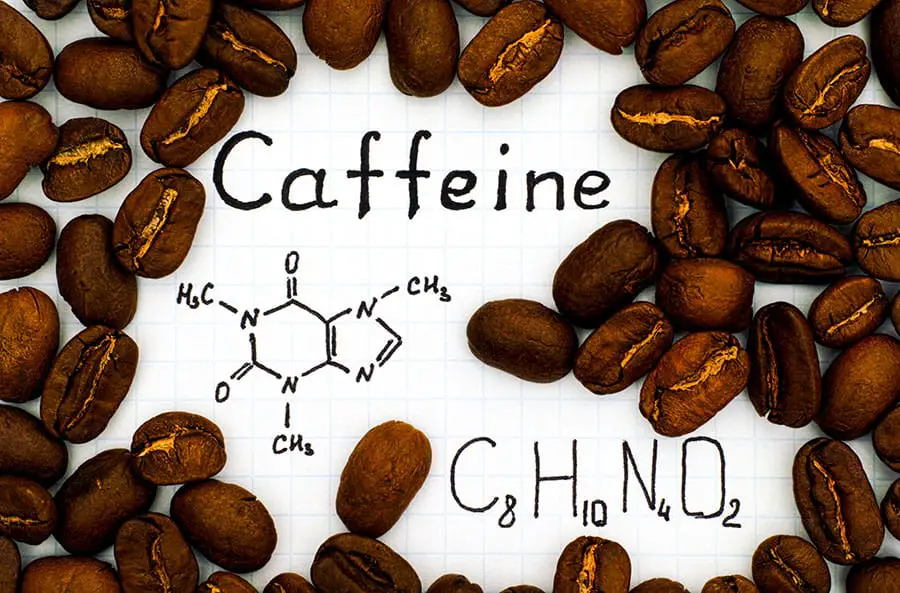Your Guide To Caffeine Beverages: Finding Your Daily Balance
Detail Author:
- Name : Pierce Wisoky
- Username : aniya.adams
- Email : ekuhlman@zieme.net
- Birthdate : 1986-04-26
- Address : 694 Marco Island Apt. 842 Lake Ressie, MA 15476-8509
- Phone : +1-480-885-0277
- Company : Olson, Kassulke and Cassin
- Job : Radar Technician
- Bio : Illo et maxime illum iste nobis. Provident libero est quia provident atque aut eum culpa. Ut ad laboriosam et cupiditate est deleniti.
Socials
twitter:
- url : https://twitter.com/mschumm
- username : mschumm
- bio : Qui repellendus alias iure illo. Ex deleniti optio veniam necessitatibus. Ratione id est voluptatem. Quia pariatur et qui odio sequi ipsum sed.
- followers : 4613
- following : 2420
facebook:
- url : https://facebook.com/malachischumm
- username : malachischumm
- bio : Aut aperiam sed et. Fugiat et ducimus nobis officia eum est occaecati.
- followers : 3757
- following : 2485
instagram:
- url : https://instagram.com/schummm
- username : schummm
- bio : Ab sed ut et iusto. Eaque quis impedit eveniet voluptatem assumenda.
- followers : 168
- following : 2423
Feeling a little sluggish this morning? You are not alone, you know. For millions of us, that first sip of a warm, comforting caffeine beverage is, like, pretty much the start of the day. It is that little nudge we often look for to get going, to feel more alert, and to, well, just improve our focus a bit. This daily ritual, whether it is a strong coffee, a soothing tea, or maybe even a fizzy soda, has become a truly ingrained part of our modern lives, hasn't it?
But have you ever stopped to think about what is actually in that cup? Or perhaps, how much of it is, like, truly good for you? It is not just about the taste, you see. There is a whole world of effects happening inside your body when you enjoy your favorite caffeine beverage, and understanding these can really help you make smarter choices about your daily intake, so it's quite important.
We are going to explore the ins and outs of these popular drinks, looking at how much caffeine is generally considered safe, where you might be getting it from without even realizing, and how it might affect your body in different ways. It is, in a way, about finding that sweet spot for yourself, because everyone is a little different, as a matter of fact. So, let us get into it.
Table of Contents
- What is a Caffeine Beverage, Really?
- How Much is Too Much for Your Caffeine Beverage?
- Where Does Your Caffeine Come From?
- Caffeine and Your Body: A Closer Look
- Caffeine and Headaches: A Surprising Connection
- Finding Your Personal Caffeine Balance
Frequently Asked Questions About Caffeine Beverages
Does caffeine affect blood sugar?
Yes, it actually can. If you have diabetes or find it a bit hard to control your blood sugar levels, reducing the amount of caffeine in your diet might be quite helpful. It is something to discuss with your doctor, you know, to see if it makes a difference for you.
How much caffeine is safe?
For most healthy adults, up to 400 milligrams (mg) of caffeine a day seems to be safe, which is good to know. That is roughly the amount you would find in, say, four cups of brewed coffee. But remember, this is a general guideline, and your own body might react differently, so it's not a hard and fast rule for everyone.
Is caffeine a diuretic?
As a chemical, caffeine does, in fact, increase the production of urine, which means it is a diuretic. However, most research suggests that the fluid you get from caffeinated drinks generally balances out this diuretic effect. So, it is not quite as simple as just saying it dehydrates you, which is an interesting point.
What is a Caffeine Beverage, Really?
A caffeine beverage, at its core, is any drink that contains caffeine, a natural stimulant. It is found in the leaves and beans of many plants, and we have been using it for centuries, more or less, to feel more awake and focused. From your morning coffee to that afternoon energy drink, these beverages are designed, in a way, to give you a bit of a jolt, to help you stay alert and, perhaps, improve your concentration for a while. They are, you know, a very common part of daily life for so many people.
The popularity of these drinks is truly immense, and it is pretty clear why. They offer a quick and easy way to shake off tiredness and get a boost, whether you are facing a long workday or just trying to get through an afternoon slump. It is almost like a reliable friend for many, always there to offer that pick-me-up. But, like with any powerful friend, it is good to know its limits, isn't it?
How Much is Too Much for Your Caffeine Beverage?
This is a question many people ask, and it is a very good one. For most healthy adults, up to 400 milligrams (mg) of caffeine a day appears to be quite safe. To give you a better idea, that is roughly the amount of caffeine you would find in about four cups of regular brewed coffee, which is a pretty decent amount for most people, really. This guideline helps us understand a general ceiling, so to speak, for daily intake.
However, it is pretty important to remember that this is a general guideline. Your body is unique, and how it handles caffeine can be very different from someone else's. Some people might feel jittery or anxious with far less caffeine, while others can handle more without any noticeable issues. It is, in some respects, about listening to your own body and what it tells you, which is always a good practice, you know.
Going over this recommended amount regularly might lead to some unwanted effects. Things like restlessness, trouble sleeping, a rapid heart rate, or even muscle tremors can happen. So, while that extra cup might seem appealing, it is worth considering if it is truly beneficial for your overall well-being. It is a bit of a balancing act, isn't it?
Where Does Your Caffeine Come From?
When we talk about caffeine beverages, most people immediately think of coffee, and that is certainly a major source. But you might be getting more caffeine than you think you are from other places, too. It is in tea, of course, which can range from a little to quite a lot depending on the type and how it is brewed. Then there are sodas, particularly colas, which also contain caffeine, sometimes a surprising amount.
And let us not forget energy drinks. These can be particularly high in caffeine, often packing a punch that is equivalent to several cups of coffee in one go. It is really easy to overlook these sources when you are tallying up your daily intake, so being aware of all the different places caffeine hides is, you know, pretty crucial. Knowing this helps you make more informed choices about your overall consumption, which is always a plus.
Even some chocolate products and certain over-the-counter medications contain caffeine, which is, in a way, another hidden source. So, if you are trying to manage your caffeine intake, it is not just about counting your coffee cups. You have to consider all the different beverages and even some foods that might contribute to your daily total, so it is a bit more involved than you might initially think.
Caffeine and Your Body: A Closer Look
Caffeine affects each person differently, which is a very important point to grasp. What gives one person a gentle boost might make another feel quite anxious or restless. These individual responses are due to many factors, including your genetics, your overall health, and even how regularly you consume caffeine. So, understanding these differences is, you know, key to managing your own intake effectively.
The Diuretic Question
There is a common belief that caffeine is a strong diuretic, meaning it makes you lose more fluid through urination. And it is true, as a chemical, caffeine does increase the production of urine. However, most research suggests that the fluid in caffeinated drinks generally balances this diuretic effect. So, you are not necessarily getting dehydrated just by drinking coffee or tea, which is, actually, a pretty common misconception.
This means that your morning coffee or tea can, in fact, count towards your daily fluid intake, more or less, just like water. It is not something that will cause significant dehydration in most healthy individuals, especially when consumed in moderate amounts. This is good news for those who enjoy their daily brews and are concerned about their hydration levels, which is a common worry for many.
Blood Sugar and Caffeine Beverages
For some people, caffeine can have an impact on blood sugar levels. If you have diabetes or if you find it a bit hard to control your blood sugar, limiting the amount of caffeine in your diet might be helpful, you know. Caffeine may temporarily increase blood sugar in some individuals, and for those managing a condition like diabetes, this could be something to consider.
It is always a good idea to talk with your healthcare provider if you have concerns about how caffeine might be affecting your blood sugar. They can give you personalized advice based on your specific health situation, which is, actually, very important. What works for one person might not be the best approach for another, so seeking professional guidance is always a smart move.
Your Blood Pressure and That Caffeine Beverage
Caffeine may cause a brief rise in your blood pressure, even if you do not have high blood pressure to begin with. This increase is usually temporary and often not a concern for healthy individuals. However, for those who already have high blood pressure, or are at risk for it, this temporary spike might be something to monitor, so it's worth being aware of this effect.
If you are concerned about your blood pressure, or if you have a heart condition, it is always best to discuss your caffeine intake with your doctor. They can help you understand how much caffeine is appropriate for you, considering your personal health profile. It is about making choices that support your overall well-being, which is, really, the most important thing.
Caffeine and Headaches: A Surprising Connection
Interestingly, caffeine has a complex relationship with headaches. On one hand, it is actually used in some medications to help relieve pain. For instance, a combination of butalbital, acetaminophen, and caffeine is used to relieve symptoms of tension or muscle contraction headaches. Butalbital, you know, belongs to a group of medicines called barbiturates, which are sedatives.
Similarly, a combination of aspirin, caffeine, and dihydrocodeine is used to relieve pain severe enough to require opioid treatment, especially when other pain medicines have not worked well. This shows that caffeine, in specific formulations, can be a useful tool for pain management, which is, arguably, a surprising role for it.
However, on the other hand, too much caffeine or suddenly stopping caffeine intake can also trigger headaches, often called "caffeine withdrawal headaches." So, while it can help with some headaches, it can also cause others, which is a bit of a paradox, isn't it? It is about finding that right balance and being mindful of your consumption habits.
Finding Your Personal Caffeine Balance
Millions of people depend on caffeine every day to stay alert and to improve their overall focus, which is a very common experience. If you depend on caffeine to wake up and get through your day, you are certainly not alone. It is a widespread habit, and for many, it is a truly helpful one, you know.
But it is also important to keep in mind the potential side effects of caffeine and be prepared to reduce your intake if necessary. This means paying attention to how your body reacts. Do you feel jittery? Is your sleep affected? Are you experiencing headaches or digestive upset? These are all signals your body might be sending you, so it's good to listen.
The goal is not necessarily to eliminate caffeine, but rather to find the amount that works best for you, that supports your well-being without causing unwanted issues. This could mean gradually reducing your intake, switching to lower-caffeine options, or simply being more mindful of when and how much you consume. It is a personal journey, really, and one that is quite worth taking for your health. For more information, you might find it helpful to explore resources on caffeine facts from reliable health sites. Learn more about caffeine consumption on our site, and link to this page here.

Caffeine and stimulants

Caffeine - Alcohol and Drug Foundation

How Much Caffeine in a Cup of Coffee?